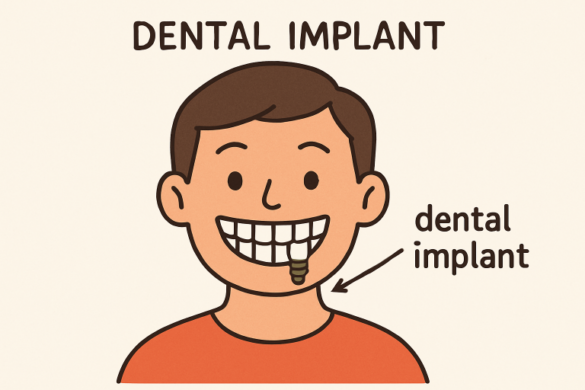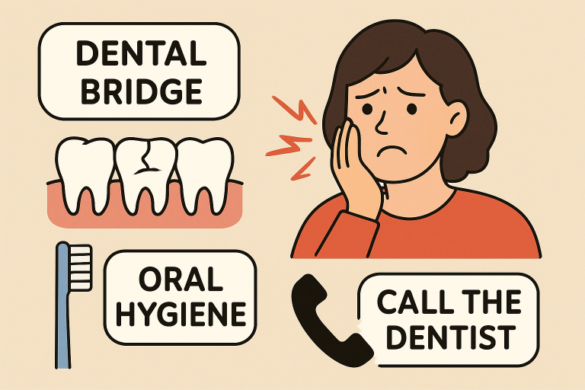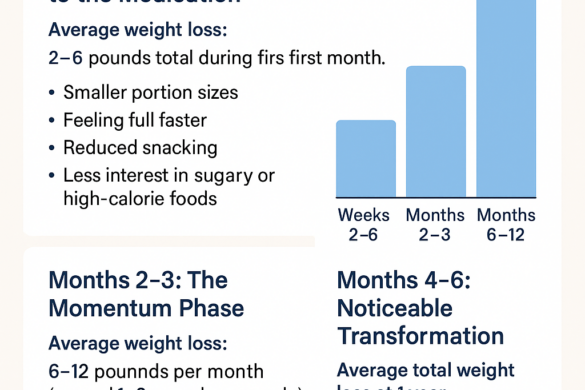Introduction
Mental wellness is fundamental to living a balanced, healthy life, yet it often takes a backseat to daily demands. Despite busy schedules, caring for your mental well-being can be simple and accessible with the right mindset and daily strategies. More organizations are embracing initiatives and inviting mental health speakers for wellness programs to promote routine mental wellness actions that anyone can implement—regardless of age or background.
Small but consistent steps, such as practicing mindfulness or organizing group support sessions, can make a significant difference in boosting emotional health. Whether you engage in movement, conscious breathing, or reach out for support, nurturing your mind has ongoing, lifelong benefits. These daily acts are crucial for preventing burnout and cultivating resilience in the face of challenges.
Establishing a personal wellness routine allows people to manage stress before it becomes overwhelming. Embracing mental wellness with intention helps make healthy habits second nature—and those habits can ripple outward, strengthening families and communities as well.
As society becomes more aware of the critical importance of mental health, communities, workplaces, and families increasingly seek meaningful guidance to sustain well-being across all areas of life. Incorporating practical wellness steps can help transform not only personal health but also the collective outlook of those around us.
The Power of Daily Movement
Physical activity remains one of the most effective antidotes to daily stress and emotional fatigue. According to a pivotal study from King’s College London, simply adding 15 minutes of movement—whether a brisk walk or gentle stretching—can enhance mental well-being significantly more than short-term “wellness retreats.” Participants experienced a 21% higher boost in well-being, reported stress reductions of up to 71%, and described the benefits as longer-lasting compared to infrequent, high-intensity wellness interventions.
Consistent daily activity doesn’t have to involve rigorous exercise to be effective. Short breaks for physical movement not only elevate mood but also increase cognitive clarity and emotional resilience. Whether you’re taking the stairs, practicing yoga, or enjoying a quick neighborhood stroll, these manageable actions enhance both physical and mental vitality over time.

Mindfulness Practices for Everyday Life
Mindfulness cultivates a sense of calm and control, even in fast-paced environments. Regular practices, such as guided meditation, focused breathing, or pausing to reflect on gratitude, promote a more balanced mindset. According to Harvard Health, mindfulness practices lead to notable reductions in anxiety and boost emotional regulation.
Individuals can develop mindfulness by starting their day with quiet meditation, taking mindful breaks throughout work hours, or consciously engaging in activities that bring joy—such as reading, creating art, or spending time in nature. These small moments of intentional practice help reduce negative thought patterns and can improve not only your day-to-day experience but also your overall outlook.
Leveraging Community Support
Feeling connected to others is a cornerstone of mental wellness. Community organizations, such as the YMCA, foster opportunities for people to form healthy connections. Group classes, wellness workshops, or support groups provide shared space where individuals can learn, share experiences, and find encouragement.
World Mental Health Day initiatives often emphasize the importance of community-driven support and resource sharing. Local organizations may offer educational sessions, group activities, and mental health advocacy programs to expand access to meaningful support and resources. Engaging with these resources can help reduce stigma and create a sense of belonging for everyone involved.
Effective Self-Care Strategies
Regular self-care is essential for maintaining emotional and psychological resilience. Self-care doesn’t require extravagant spending or time-consuming routines; it’s about prioritizing your basic needs in thoughtful ways. This could involve setting aside moments for restorative activities, such as journaling or organizing your personal space, or seeking professional guidance when needed.
Routine self-care activities help to manage anxiety, reduce the risk of burnout, and foster a proactive approach to mental health. Over time, these actions build a foundation of resilience that protects against life’s stressors and empowers individuals to respond more positively to adversity.
Parenting and Mental Health
Parental behavior and the home environment have a direct and lasting impact on children’s emotional well-being. Calm, respectful family communication—rooted in understanding and patience—cultivates a supportive and trusting atmosphere where children can thrive. Access to parenting education and stress management resources helps parents navigate challenges and model positive coping skills for their children.
Building Resilient Families
Establishing routines, maintaining open dialogues, and demonstrating emotional regulation are vital. Parents who proactively manage their own stress and encourage open discussion about feelings provide their children with lifelong tools for coping and self-expression. These habits contribute not only to immediate stability but also to the development of emotionally resilient future generations.
Technology’s Role in Mental Wellness
Emerging technology platforms are expanding access to tailored mental health support. AI-driven wellness tools and mental health apps provide timely prompts, mood tracking, and cognitive behavioral techniques that can be personalized to meet each user’s specific needs. Research has shown these solutions to be effective in reducing symptoms of depression and improving daily mood, particularly when users actively engage with actionable feedback. Technology is also helping to break down barriers related to access and stigma by making support available at any time, from anywhere.
Conclusion
Implementing daily mental wellness practices—such as movement, mindfulness, self-care, and supportive community engagement—can significantly enhance overall well-being. By embracing small, achievable changes and leveraging innovative support tools, each person can help foster a foundation for lifelong mental health. Taking these consistent steps ensures that the benefits of mental wellness extend beyond individuals, strengthening entire communities.









